Explore the Ottoman Empire's diplomatic influence on Europe, its strategic alliances, major treaties, cultural exchanges, and lasting legacy in European history.In an era marked by shifting borders and complex alliances, the Ottoman Empire emerged as a formidable power that profoundly influenced European diplomacy and politics. Spanning over six centuries, this empire navigated a landscape fraught with conflicts and negotiations, shaping the course of history through a series of impactful treaties and strategic alliances. From the intricate diplomatic maneuvers that established peace to the marriage alliances that fortified political ties, the Ottoman Empire played a crucial role in the European sphere. This article delves into the intricacies of Ottoman diplomacy, exploring the empire's strategies, key peace treaties, and the lasting cultural exchanges that enriched both worlds. Join us as we uncover the significance of the Ottoman Empire’s diplomatic legacy and its lasting impact on the European political landscape.
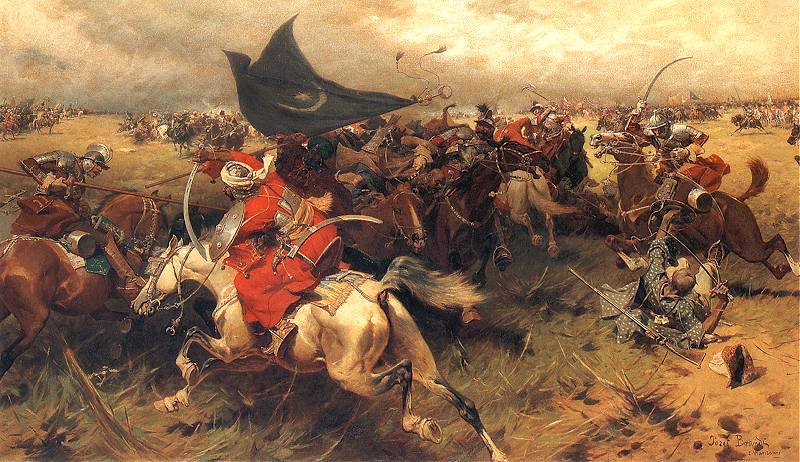
Overview of The Ottoman Empire's Influence on Europe
The The Ottoman Empire, which spanned over six centuries, had a profound impact on Europe in various domains, including politics, economics, and culture. At its peak, the empire stretched across three continents, encompassing significant portions of Southeast Europe, Western Asia, and North Africa. Its vast reach allowed for an extensive exchange of ideas, goods, and traditions that shaped European development during and after the empire's zenith.
One of the most notable influences of the The Ottoman Empire on Europe was its role in shaping the political landscape. It often acted as a central power, balancing the interests of numerous states in the region. European monarchs engaged in both conflict and diplomatic negotiations with the Ottomans, acknowledging their influence in regional stability. This led to a complex web of alliances and treaties, which can be traced back to the empire's assertive diplomacy.
Economically, the empire was a crucial player in global trade routes, connecting Europe with Asia and Africa. Cities such as Istanbul became thriving commercial hubs, facilitating the exchange of spices, textiles, and other goods. This economic interdependence further reinforced political ties and prompted European nations to engage with the Ottomans strategically.
In terms of culture, the The Ottoman Empire left a lasting legacy on European art, architecture, and cuisine. The fusion of Ottoman and European styles is evident in various structures across Europe, while culinary influences can be seen in modern dishes still enjoyed today. Additionally, the empire's embrace of religious diversity and tolerance fostered cultural exchanges that enriched both Ottoman and European societies.
Overall, the historical influence of the The Ottoman Empire is a testament to its significant role in shaping European dynamics through power, trade, and cultural interaction. This multifaceted relationship laid the groundwork for numerous historical developments that still resonate in contemporary Europe.
Key Diplomatic Strategies Employed by The Ottoman Empire
The diplomatic landscape of the Ottoman Empire was marked by several key strategies that facilitated its influence and maintained its power in Europe. Among these strategies, The Ottoman utilized a combination of skillful negotiation, diverse alliances, and keen cultural understanding to navigate complex political environments.
- Use of Marriage Alliances: One of the most prominent strategies was forming marriage alliances with European royalty, which helped strengthen political ties and foster peaceful relations.
- Diplomatic Envoys: The Ottomans established a system of diplomatic envoys who were trained in local languages and customs, enabling effective communication with various European courts.
- Strategic Treaties: The empire engaged in strategic treaties that laid the groundwork for trade and defense agreements, thus securing its interests across Europe.
- Selective Warfare: While often perceived as a formidable military power, the Ottoman Empire was judicious in its use of military force, opting for diplomacy first, which allowed for prolonged periods of peace.
- Cultural Diplomacy: The Ottomans also leveraged cultural exchanges through art, architecture, and scholarship, promoting good relations and mutual respect with European nations.
These diplomatic strategies enabled The Ottoman to maintain a significant presence in European politics while also influencing cultural and economic exchanges. The effectiveness of these approaches played a crucial role in shaping the historical narrative of the empire in relation to Europe.
Major Peace Treaties Between The Ottoman Empire and Europe
Throughout its extensive history, The Ottoman Empire engaged in numerous conflicts with European powers, which often led to consequential peace treaties. These treaties not only marked the cessation of hostilities but also shaped political alliances and territorial boundaries in Europe. Here are some of the most significant peace treaties between The Ottoman Empire and European nations:
- Treaty of Edirne (1829): This treaty concluded the Russo-Turkish War and resulted in significant territorial losses for The Ottoman Empire, including parts of modern-day Greece.
- Treaty of Karlowicz (1699): After the Great Turkish War, this treaty marked the first major loss of territory for The Ottoman Empire, ceding significant lands to the Habsburg Monarchy.
- Treaty of Passarowitz (1718): Signed after another conflict with the Habsburgs, this treaty reaffirmed the losses from the Treaty of Karlowicz and established a new status quo in the region.
- Treaty of Küçük Kaynarca (1774): This treaty ended the Russo-Turkish War and granted Russia significant influence over the Black Sea, as well as the right to protect Orthodox Christians within the Empire.
- Treaty of Bucharest (1812): This treaty concluded the war between The Ottoman Empire and Russia, granting them territorial gains and solidifying the border along the Prut River.
These treaties illustrate the changing dynamics of power in Europe and the decreasing stature of The Ottoman Empire by the 19th century. Each agreement not only reshaped territories but also impacted international relations, influencing future diplomatic efforts.
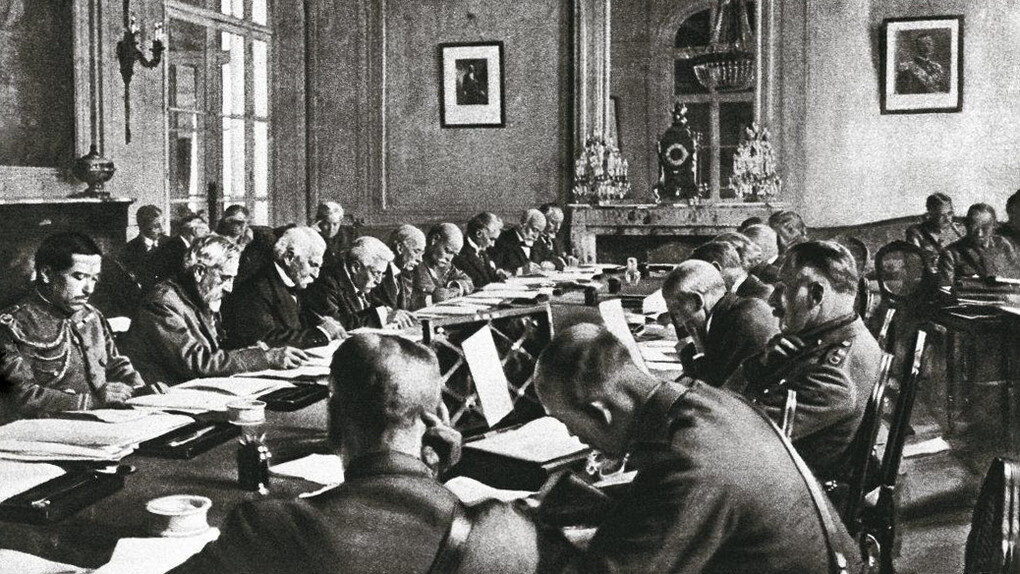
The Role of Marriage Alliances in Ottoman Diplomacy
Marriage alliances were a crucial component of The Ottoman Empire's diplomatic strategy. These alliances not only solidified political ties but also played a significant role in fostering peace and stability among rival states and kingdoms. By marrying off princesses and royal daughters to foreign princes and kings, the Ottomans were able to extend their influence beyond their borders and enhance their political leverage.
One of the most notable examples of this practice was the marriage between Ottoman Sultan Suleiman the Magnificent and Hürrem Sultan, a woman of humble beginnings who rose to prominence. This marriage not only elevated Hürrem's status but also allowed Suleiman to solidify his power and political position. Such unions often served as a tool for negotiation, providing a way for the empire to navigate complex inter-state relations.
In addition to strengthening political relationships, these marriages often facilitated cultural exchanges and the sharing of resources, which further enriched the Ottoman court. The integration of foreign customs and practices into Ottoman society demonstrated the empire's openness to external influences, reinforcing its position as a major political player in Europe.
The use of marriage as a diplomatic tool extended beyond the Ottoman court. Notable European families also recognized the benefits of forging close ties with the empire through marriage. This resulted in a network of alliances that brought about periods of relative peace and cooperation.
| Ottoman Marriage Alliance | Country/Region | Significance |
|---|---|---|
| Suleiman the Magnificent and Hürrem Sultan | Various European kingdoms | Strengthened internal power and external alliances |
| Selim II and Catherine of Austria | Austrian Empire | Cemented peace and political ties |
| Ahmed I and the Polish Princess | Poland | Improved relations with the Polish-Lithuanian Commonwealth |
Overall, the role of marriage alliances in The Ottoman diplomacy was not merely a matter of kinship, but a strategic approach that reinforced the empire's power and influence in Europe. These unions exemplified how personal relationships could transcend into political tools, paving the way for a complex network of alliances that shaped the course of history.
Impact of The Ottoman Empire on European Political Landscape
The influence of The Ottoman Empire on the European political landscape was profound and multi-faceted, shaping not only the geopolitical dynamics of the time but also the cultural and societal structures of several European nations. The Empire, at its height, bridged Europe and Asia, allowing for the integration of diverse cultural, economic, and political influences that would leave lasting effects on European governance.
One significant impact was the emergence of a more organized diplomatic system in Europe. The complexities of dealing with the mighty The Ottoman Empire forced European states to refine their diplomatic strategies, leading to more formalized processes in treaties and negotiations. This environment encouraged the development of diplomatic missions, which became a standard practice among European nations throughout the 17th and 18th centuries.
Moreover, the Empire played a crucial role in the balance of power theory which dominated European politics for centuries. The presence of The Ottoman forces in southeastern Europe often prompted alliances and coalitions among Christian states, illustrating a strategic response to perceived threats. For example, the Habsburgs, who ruled Austria and were significant power players in Europe, continuously engaged in military and diplomatic efforts to counteract Ottoman advances. Such interactions not only influenced military strategies but also led to territorial realignments and adjustments in national borders over time.
Furthermore, the decline of the The Ottoman Empire in the 19th century resulted in a power vacuum that drastically altered the course of European politics. It catalyzed the rise of nationalism among the various ethnic groups within the empire and spurred movements towards independence, which resonated throughout Europe. The dissolution of the Empire post-World War I redefined national boundaries and state identities, leading to the establishment of new nation-states in the Balkans and the Middle East.
In summary, the impact of The Ottoman Empire on the European political landscape was not only significant during its peak but also had ripple effects that shaped the course of European history long after its decline. The interactions between The Ottoman and various European powers forged a complex legacy that continues to inform contemporary diplomatic relations and regional politics today.
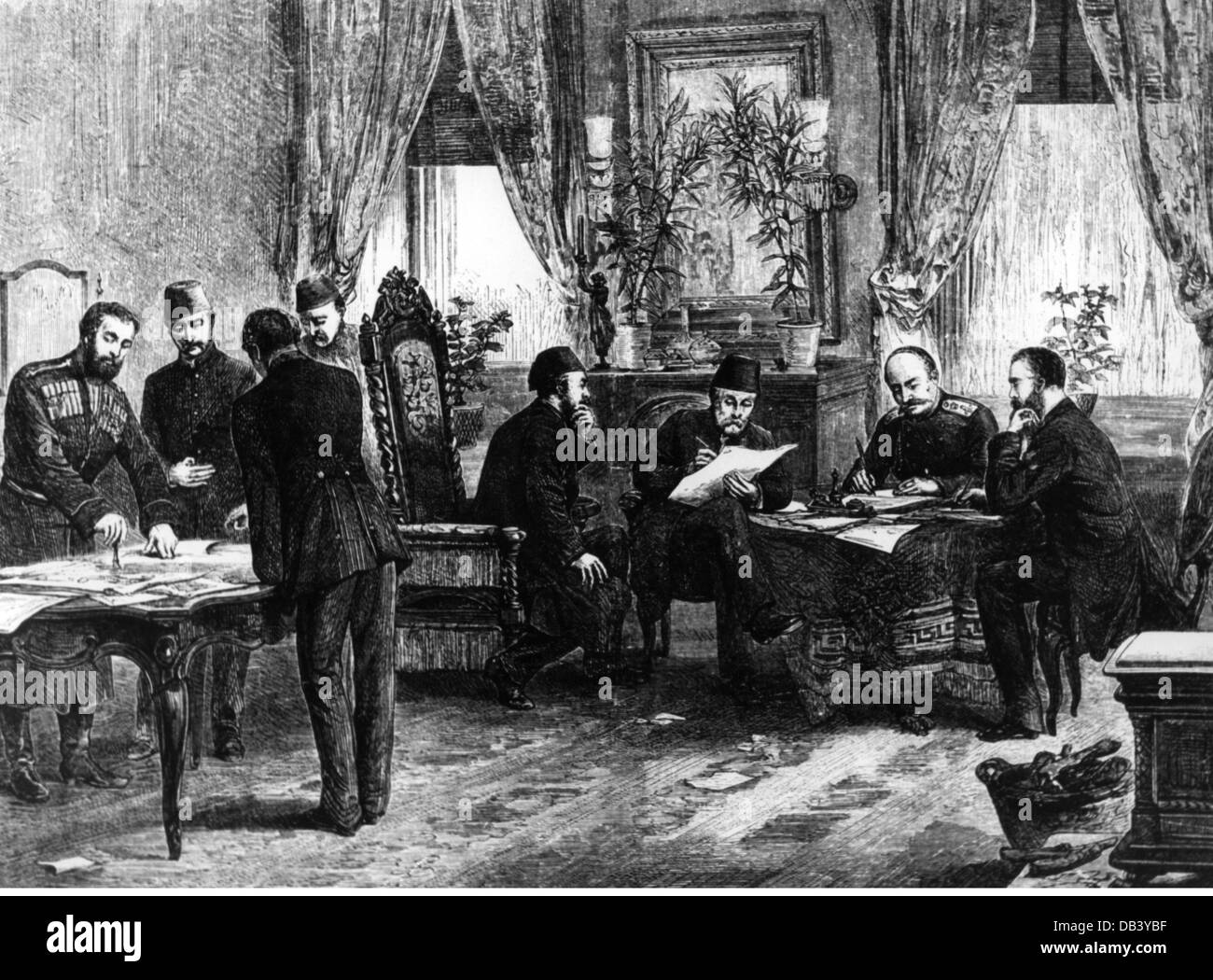
Cultural Exchanges: The Ottoman Empire and European Relations
The cultural exchanges between The Ottoman Empire and Europe were pivotal in shaping the political and social landscapes of both regions. These interactions not only enriched the art, architecture, and cuisine of Europe but also facilitated the spread of ideas, technologies, and customs. The Ottoman Empire, known for its diverse population and cosmopolitan cities, served as a melting pot where various cultural influences converged.
| Cultural Aspect | Influence in Europe |
|---|---|
| Art and Architecture | The introduction of intricate designs, such as geometric patterns and calligraphy, influenced European art, leading to the adoption of these motifs in various artistic forms. |
| Literature | The incorporation of Ottoman themes in European literature, as seen in the works of Shakespeare and other playwrights, highlighted the fascination with Ottoman culture. |
| Cuisine | Spices and culinary techniques from The Ottoman kitchens transformed European cooking, as many staples today can trace their origins back to these exchanges. |
| Technology | The spread of advancements in areas such as astronomy and engineering, facilitated through diplomatic relations, played a significant role in the scientific developments of the time. |
Furthermore, cultural ambassadors, poets, and artists played a crucial role in bridging gaps between the two worlds. The establishment of embassies and the hosting of cultural events helped foster goodwill and intercultural dialogue, ensuring mutual respect and understanding. The lingering legacy of these exchanges can still be seen today in the art, food, and values celebrated across Europe, emphasizing the lasting impact of The Ottoman Empire on European culture.
Conflict and Resolution: Case Studies in Ottoman Diplomacy
The history of The Ottoman Empire is filled with intricate diplomatic maneuvers aimed at conflict resolution and maintaining peace with European powers. Several case studies highlight the complexities of these diplomatic strategies.
One significant example is the Treaty of Karlowitz in 1699, which marked a turning point in the empire's relations with Europe. After a series of wars with the Habsburg Monarchy and the Polish-Lithuanian Commonwealth, the treaty reflected the empire's territorial losses but also demonstrated its willingness to negotiate peace and adapt its strategies in response to European dynamics.
Another notable case is the 1739 Treaty of Belgrade, which ended the hostilities between The Ottoman Empire and the Habsburgs. This treaty showcased the Ottoman's adeptness at diplomatic resolution, allowing for the restoration of the previous status quo while preserving its influence in the Balkans. Such treaties not only resolved immediate conflicts but also set a precedent for future diplomatic relations.
Additionally, the Russo-Turkish War of 1877-78 led to the Treaty of San Stefano, which was significant in the context of Balkan nationalism. Though it was later revised by the Congress of Berlin, this case illustrates how The Ottoman Empire navigated the clash of interests between emerging nation-states in Europe, using diplomacy to maintain a degree of control and influence in a rapidly changing geopolitical landscape.
These case studies illustrate that the diplomatic efforts of The Ottoman Empire were not merely reactionary; they were part of a broader strategy aimed at maintaining stability and fostering relationships with European powers. Understanding these interactions provides critical insights into how The Ottoman Empire shaped its diplomacy in a period of significant transformation in Europe.
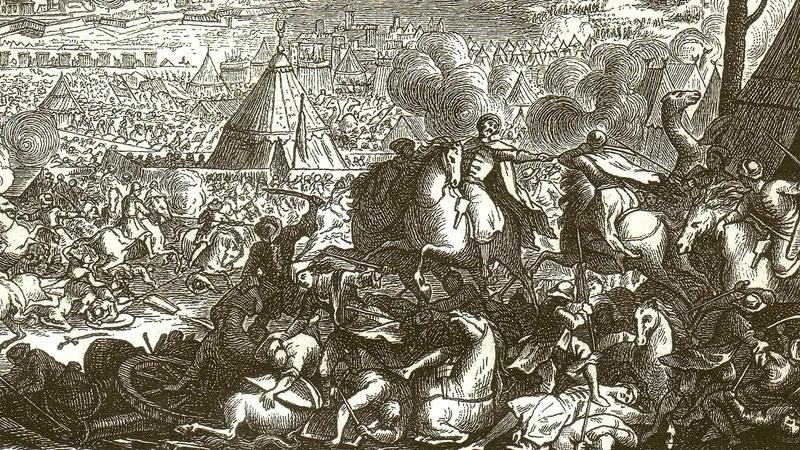
The Significance of The Ottoman Empire in European History
The significance of the The Ottoman Empire in European history cannot be overstated. Spanning over six centuries, the empire served as a bridge between East and West, influencing not just the political landscape but also the cultural and socio-economic frameworks of Europe. Its ability to adapt and evolve in response to European dynamics was instrumental in shaping international relations during that period.
One of the most noteworthy aspects of the The Ottoman Empire's significance is its role as a dominant power in the Mediterranean. Control over key trade routes allowed the empire to exert economic pressure on European states, making it an essential player in commerce and trade. Additionally, the empire's multifaceted diplomacy often involved a blend of military strength and political negotiation, which forced European countries to reconsider alliances and strategies. Many European states, realizing the threat of Ottoman expansion, engaged in complex diplomatic negotiations and formed alliances to counterbalance Ottoman influence.
| Significance | Description |
|---|---|
| Political Influence | The Ottoman Empire's diplomatic relations shaped the power dynamics in Europe. |
| Cultural Exchange | Interactions led to significant cultural and technological exchanges. |
| Economic Control | Dominance in trade routes impacted European economies profoundly. |
Furthermore, the legacy of the The Ottoman Empire continues to resonate today. Its historical impact on borders, cultures, and societies can still be seen in modern Europe. The empire not only shaped political rivalries but also fostered an exchange of ideas, religious practices, and artistic influences, contributing to the rich tapestry of European heritage.
In conclusion, recognizing the significance of the The Ottoman Empire is crucial to understanding European history. Its diplomatic strategies, cultural exchanges, and political maneuvers were pivotal in molding the trajectory of European interactions and continue to influence contemporary perspectives on international relations.
Modern Perspectives on The Ottoman Empire's Diplomatic Legacy
Today, the diplomatic legacy of The Ottoman Empire is viewed through various lenses, influencing our understanding of historical and contemporary international relations. Scholars and historians have increasingly recognized that the empire's vast network of alliances, treaties, and cultural exchanges played a significant role in shaping diplomatic practices that are still relevant today.
One prominent perspective highlights the empire's adeptness at balancing power between rival European states through strategic diplomacy. By employing marriage alliances and treaties, The Ottoman Empire was able to navigate complex political landscapes, setting a precedent for modern diplomatic relationships. The ability to maintain peace through negotiation rather than conflict remains a cornerstone of international relations today.
Furthermore, the Ottoman approach to diplomacy was characterized by its inclusivity, often incorporating various religious and ethnic groups within its diplomatic framework. This multicultural perspective is increasingly recognized in contemporary discussions about multicultural diplomacy and global cooperation, where inclusivity and representation are vital for effective dialogue and conflict resolution.
Modern historians also explore the Ottoman Empire's impact on the development of state sovereignty and the nation-state model that emerged in Europe. The empire’s interactions with European powers contributed to the evolution of diplomatic norms and principles that underpin current international law and relations.
Moreover, the ongoing interest in the cultural exchanges between The Ottoman Empire and Europe provides insights into the soft power dynamics that continue to influence international relationships today. Understanding these historic interactions allows modern nations to leverage cultural diplomacy as a means of fostering goodwill and cooperation.
In conclusion, modern perspectives on The Ottoman Empire's diplomatic legacy not only illuminate the empire's historical contributions but also offer valuable lessons for current international relations. By studying these historical contexts, we can better appreciate the complexities of diplomacy and the ongoing interplay between cultural and political factors in shaping global relations.
The Ottoman Empire's Role in Shaping European Treaties and Alliances
The Ottoman Empire played a crucial role in the formation of treaties and alliances throughout its history, significantly influencing the political landscape of Europe. The empire’s strategic geographical location bridged Asia and Europe, allowing it to act as a mediator and powerhouse within international relations. Its diplomatic involvement often provided stability, impacting trade routes and establishing peace agreements that benefited multiple nations.
One of the most notable aspects of Ottoman diplomacy was its ability to leverage military power alongside negotiations. The Ottoman Empire frequently used its military might to enforce treaties and ensure compliance from European states, demonstrated during the numerous conflicts such as the wars with the Habsburgs and the Venetians. This military strength was not merely for war but served as a bargaining chip in diplomatic negotiations, leading to treaties that were often advantageous to the Ottoman interests.
The empire also understood the importance of alliances, forging partnerships with various European powers, sometimes pitting them against one another to its benefit. For example, the alliance with France during the 16th century helped the Ottoman Empire to counterbalance Habsburg influences in Europe, leading to treaties that further established their foothold in the region.
Diplomatic missions and ambassadors from the Ottoman court to key European states indicated the empire's readiness to engage in high-level negotiations and formal agreements. Treaties such as the Treaty of Karlowitz in 1699 and the Treaty of Passarowitz in 1718 highlighted the empire's critical position as a significant player in European politics, often reshaping borders and influencing future alliances.
In summary, the Ottoman Empire was not only a formidable military power but also a master of diplomacy, skillfully shaping treaties and alliances that had lasting impacts on European history. Its legacy in international relations continues to be a crucial area of study for understanding the intricate web of alliances that defines European politics to this day.
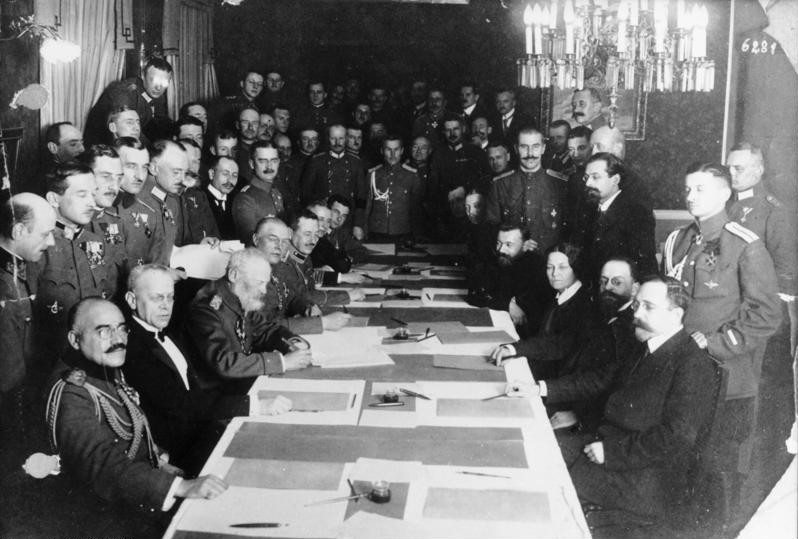
Frequently Asked Questions
What role did diplomacy play in the relationship between the Ottoman Empire and European states?
Diplomacy was crucial in managing conflicts, establishing alliances, and negotiating peace treaties, helping to maintain a balance of power in Europe.
What were some significant peace treaties between the Ottoman Empire and Europe?
Notable treaties include the Treaty of Karlowitz (1699), which marked the end of the Great Turkish War, and the Treaty of Passarowitz (1718), which further defined territorial boundaries.
How did the Ottoman Empire's approach to diplomacy differ from that of European powers?
The Ottomans often employed a more pragmatic approach, utilizing marriage alliances and treaties to secure peace and influence, whereas European powers sometimes relied more on military force.
What impact did the Ottoman Empire's diplomatic strategies have on its relations with European countries?
Ottoman diplomatic strategies fostered both competition and cooperation among European nations, influencing trade, military alliances, and territorial negotiations.
What was the significance of the Ottoman Empire's involvement in the European balance of power?
The Ottoman Empire was a key player in the European balance of power, with its vast territory and military strength shaping the geopolitical landscape of Europe in the early modern period.
How did the decline of the Ottoman Empire affect its diplomatic ties with Europe?
As the Ottoman Empire declined, its diplomatic influence waned, leading to increased aggression from European powers and shifts in alliances that ultimately marginalized the Empire.
What lessons can modern diplomacy learn from the Ottoman Empire's practices?
Modern diplomacy can learn the importance of negotiation, the value of strong alliances, and the necessity of adaptability in addressing complex international relations, as exemplified by the Ottomans.

